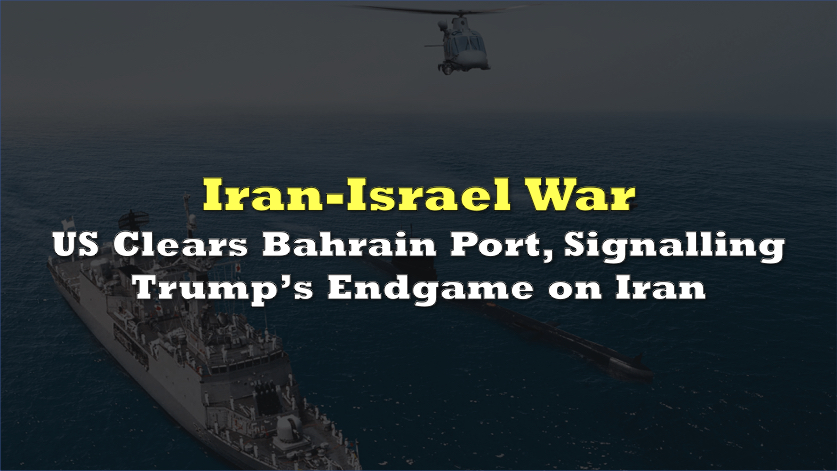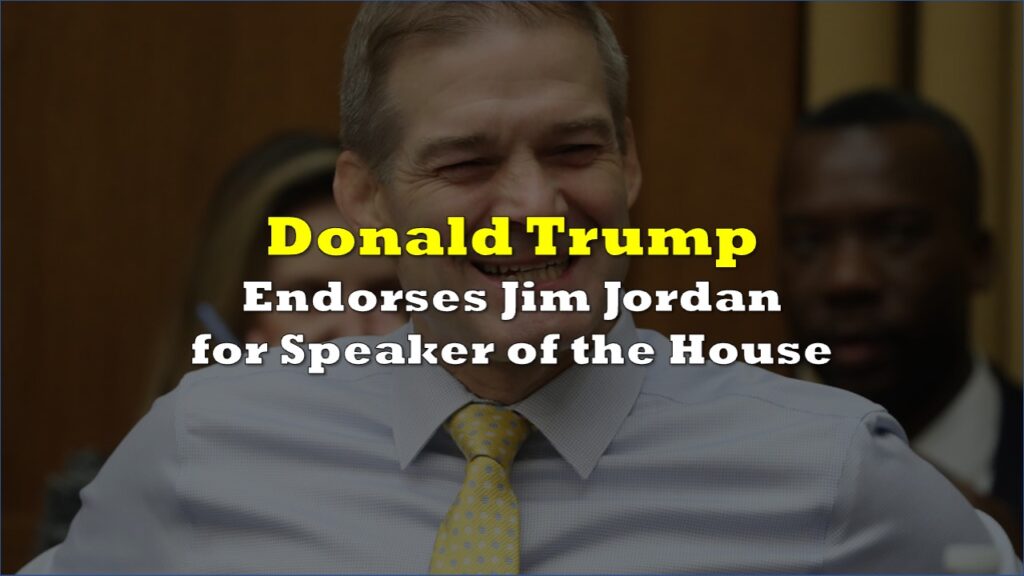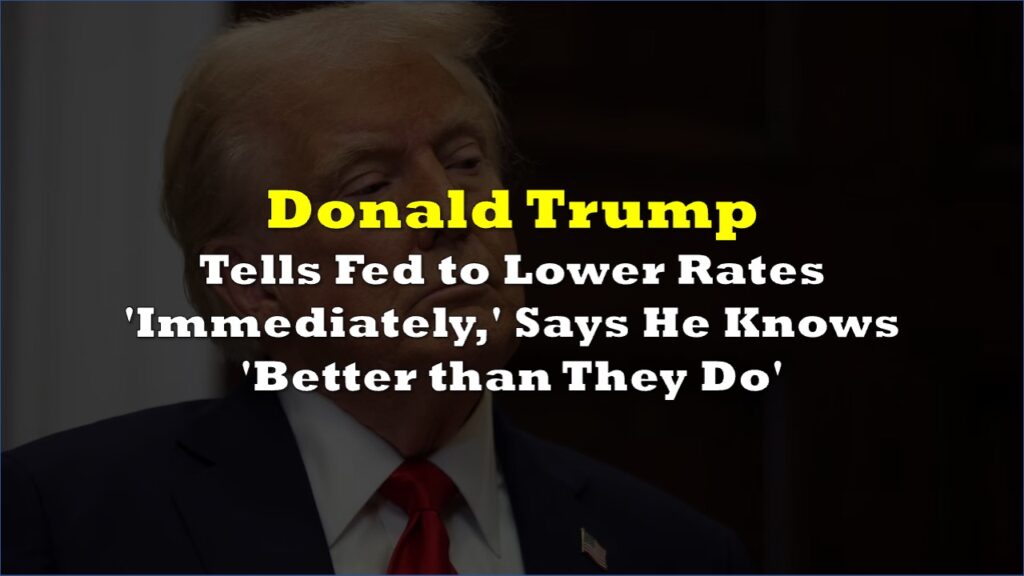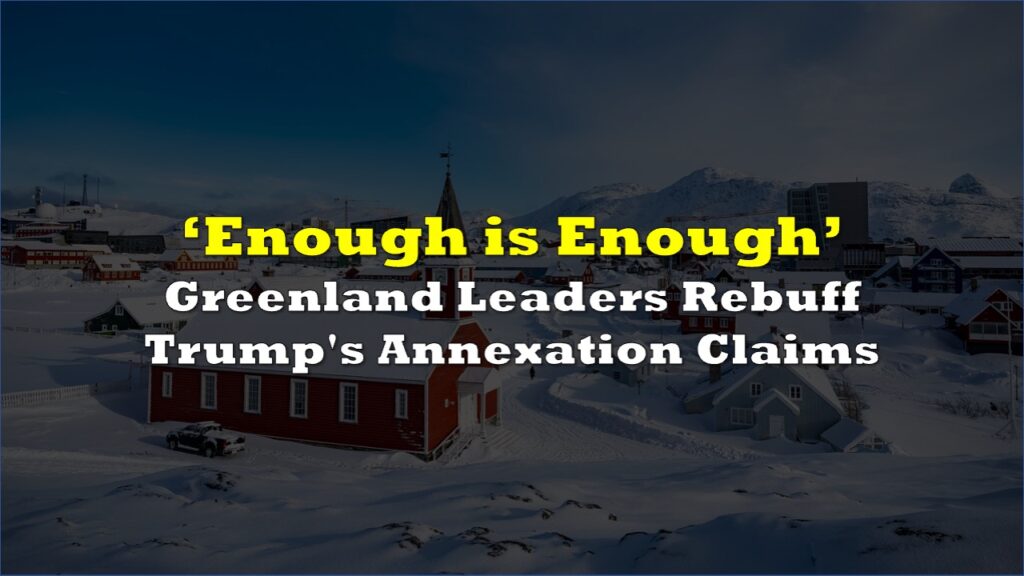The entire US naval contingent based in Bahrain steamed into the Persian Gulf overnight, a rapid redeployment Defense Secretary Pete Hegseth cast as “purely defensive” but which regional analysts interpret as a poised hammer should Iran reject President Donald Trump’s demand to halt uranium enrichment.
Seasoned Gulf hands view it as the last major move before strikes become possible.
All U.S. Navy and allied ships have been put to sea from Naval Support Activity Bahrain, on the coast of the Persian Gulf. https://t.co/UsuvWgKsLX
— OSINTdefender (@sentdefender) June 17, 2025
Almost in tandem, Vice President JD Vance took to X in what looked like a preemptive shield for Trump, praising his “amazingly consistent” stance that Iran “cannot have a nuclear weapon” and warning that enrichment will stop “the easy way or the ‘other’ way.”
“Having seen this up close and personal, I can assure you he is only interested in using the American military to accomplish the American people’s goals,” Vance posted, rebuffing claims—from former Rep. Tulsi Gabbard to 18 US intelligence agencies—that Tehran has slowed its sprint toward a bomb.
Look, I'm seeing this from the inside, and am admittedly biased towards our president (and my friend), but there's a lot of crazy stuff on social media, so I wanted to address some things directly on the Iran issue:
— JD Vance (@JDVance) June 17, 2025
First, POTUS has been amazingly consistent, over 10 years, that…
CNN reports Trump abruptly canceled a planned face-to-face with Iranian envoys just as special representative Steve Witkoff weighs a bargain to freeze 60% enrichment at Fordow in exchange for limited sanctions relief. The White House insists diplomacy remains on the table, yet the carrier strike group USS Nimitz is now inside Central Command’s area of responsibility, and Israeli raids on Natanz that killed three IRGC commanders have further shortened decision time.
U.S. officials tell CNN that Trump backed off plans to send senior officials to meet with the Iranians in an effort to reach a deal. https://t.co/f09urdq53z
— Levent Kemal (@leventkemaI) June 17, 2025
Domestically in Congress, potential aggressive moves by the White House on the conflict are poised to face resistance. Sen. Bernie Sanders reintroduced the No War Against Iran Act, aiming to block funds for any attack not approved by Congress. “Another war in the Middle East could cost countless lives and trillions of dollars,” Sanders said—language last used during Trump’s 2020 flashpoint with Tehran.
READ: US on Iran-Israel War: Pentagon Loads Up, Evacuations Called
Trump’s 2018 exit from the JCPOA removed the primary cap on enrichment; Tehran quickly spun to 60%, edging within weeks of weapons-grade. After former President Joe Biden’s eight rounds of indirect Vienna talks that collapsed in 2024, Trump returned this year with a red-line banning enrichment above 3.67% and fresh Treasury blacklists. Analysts now read Israel’s strikes as an attempt to foreclose an Iranian “dash to the bomb” before sanctions bite.
Roughly 20% of global crude transits the Strait of Hormuz. Any firefight that clogs that artery would rattle prices and pressure refiners such as Exxon Mobil.
Information for this story was found via the sources mentioned. The author has no securities or affiliations related to the organizations discussed. Not a recommendation to buy or sell. Always do additional research and consult a professional before purchasing a security. The author holds no licenses.









